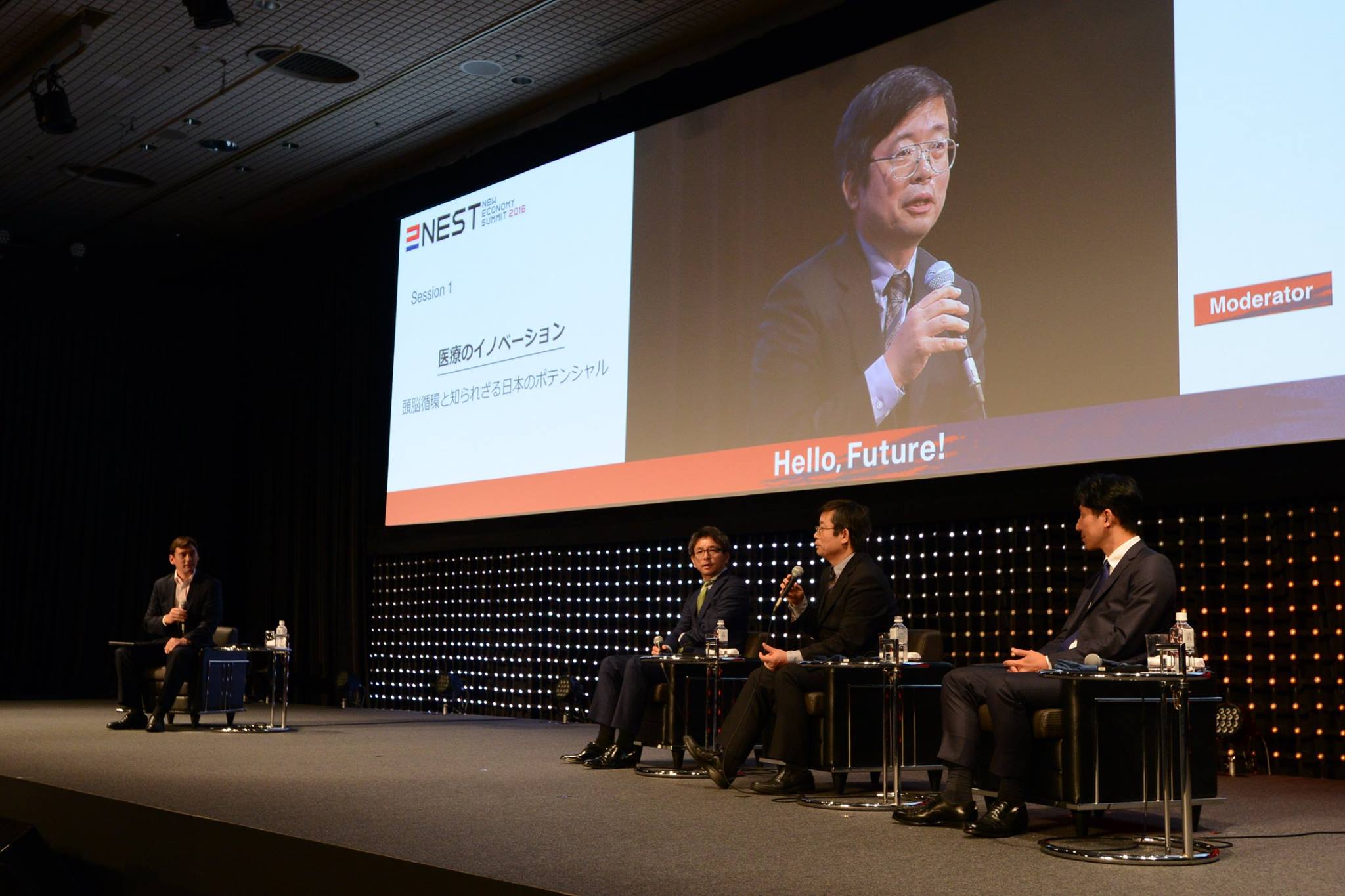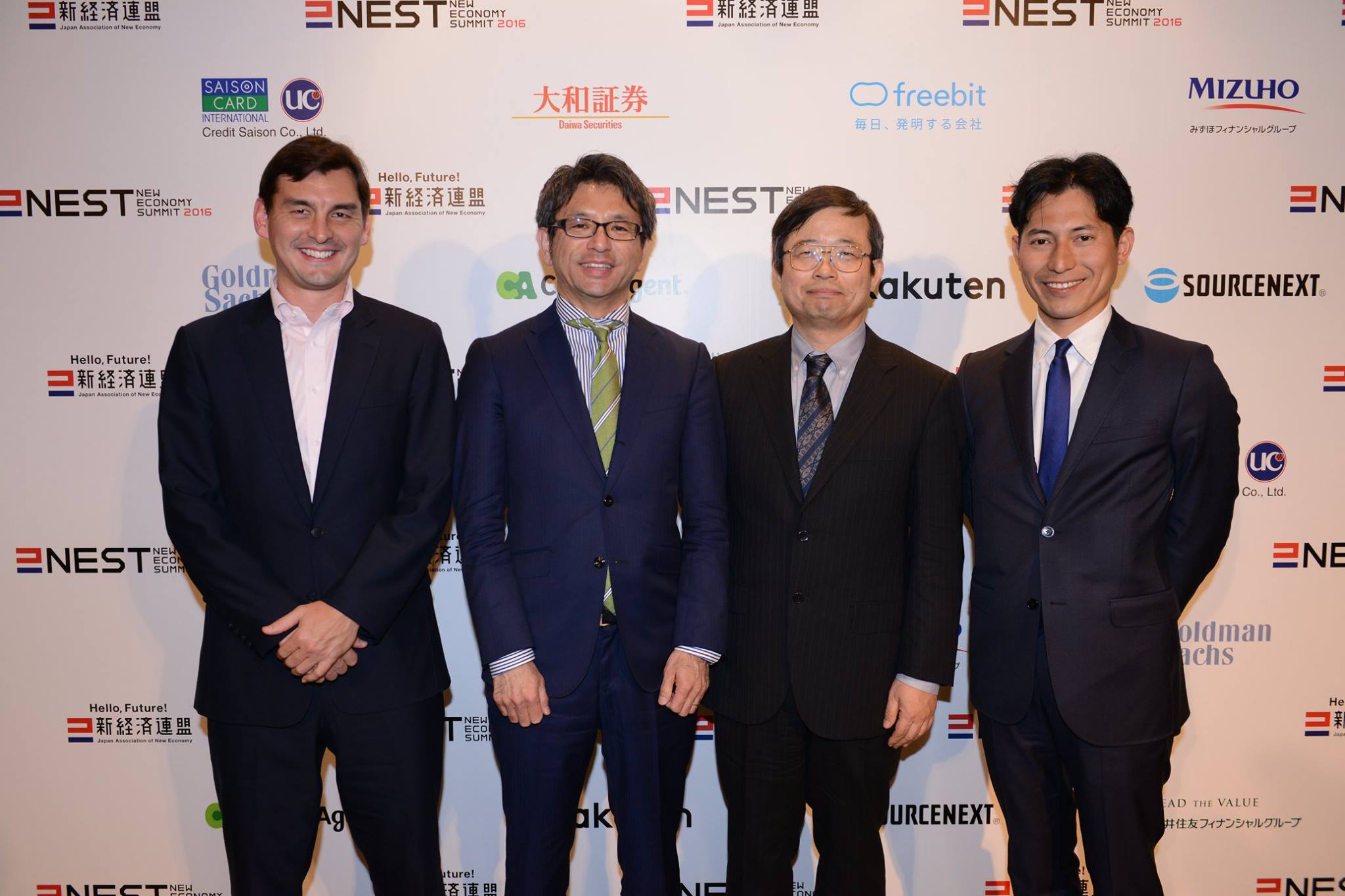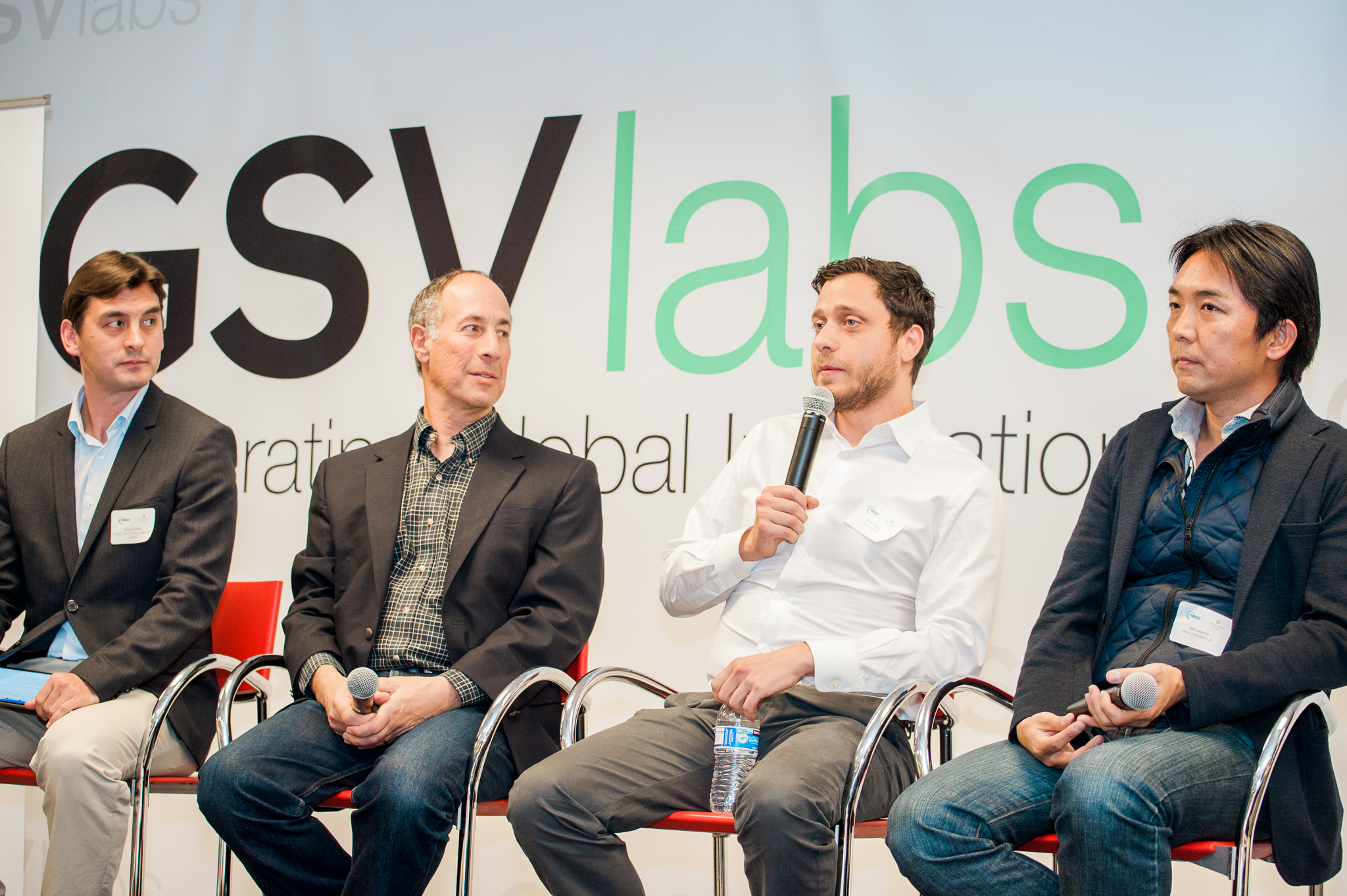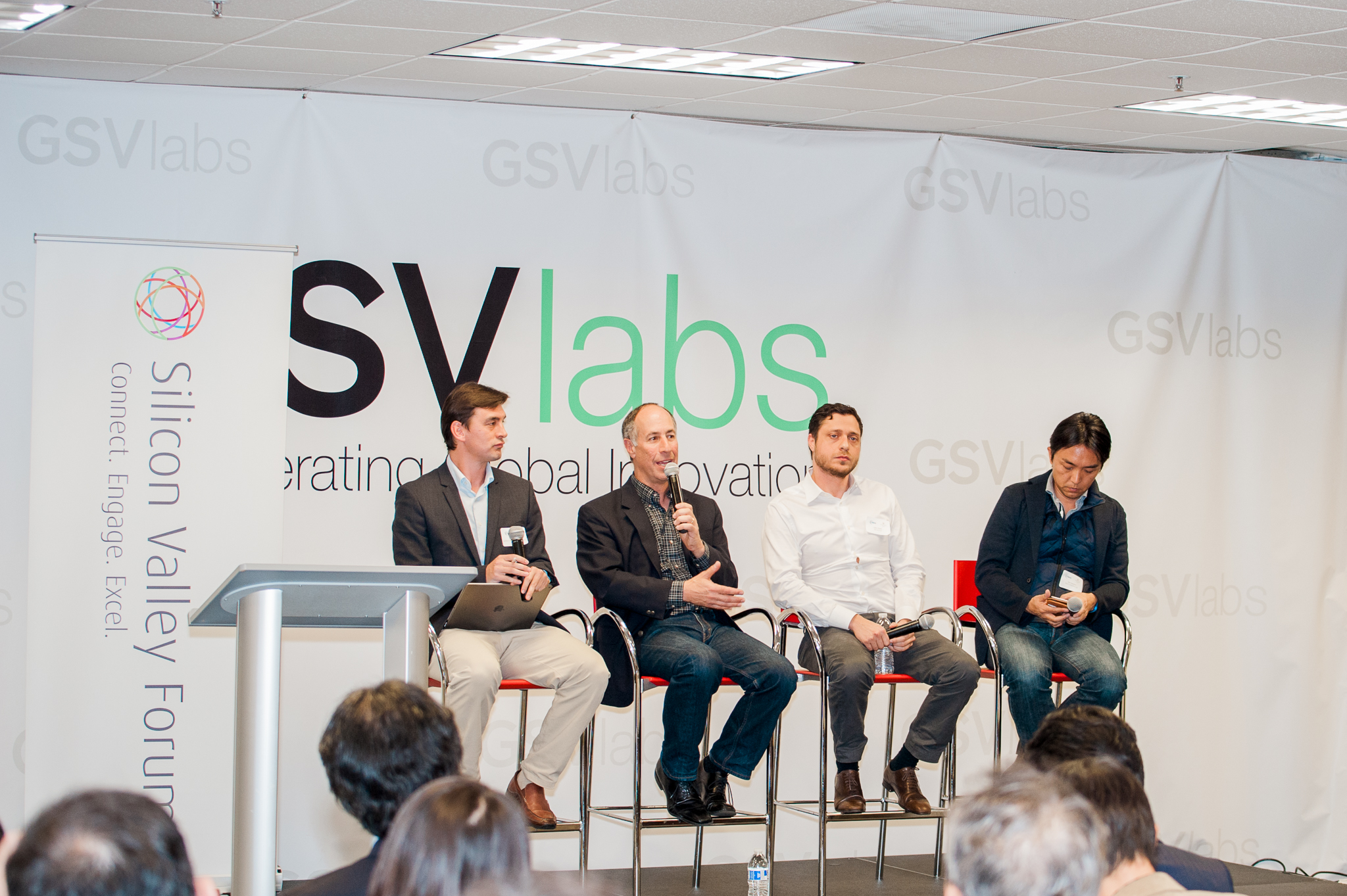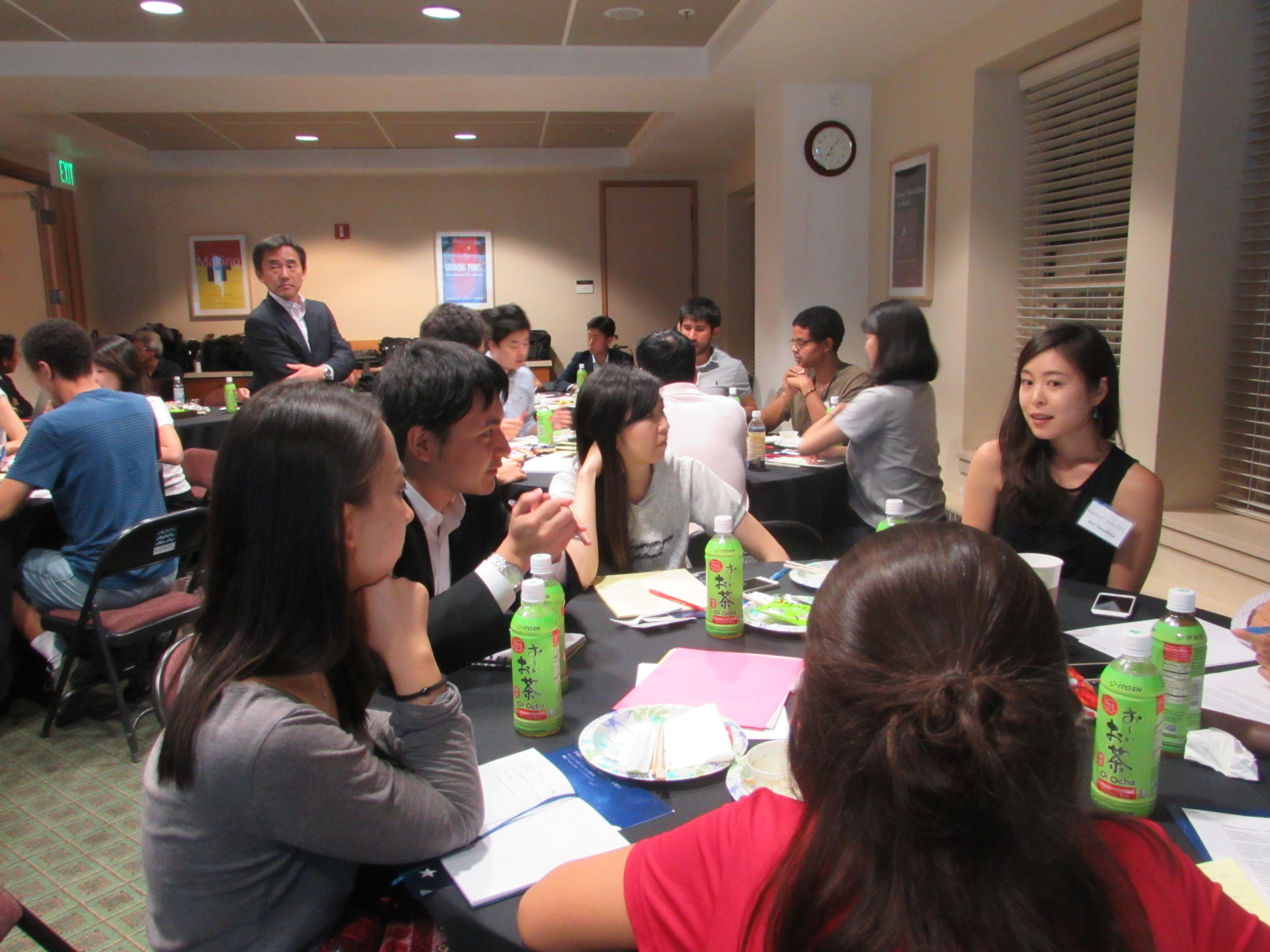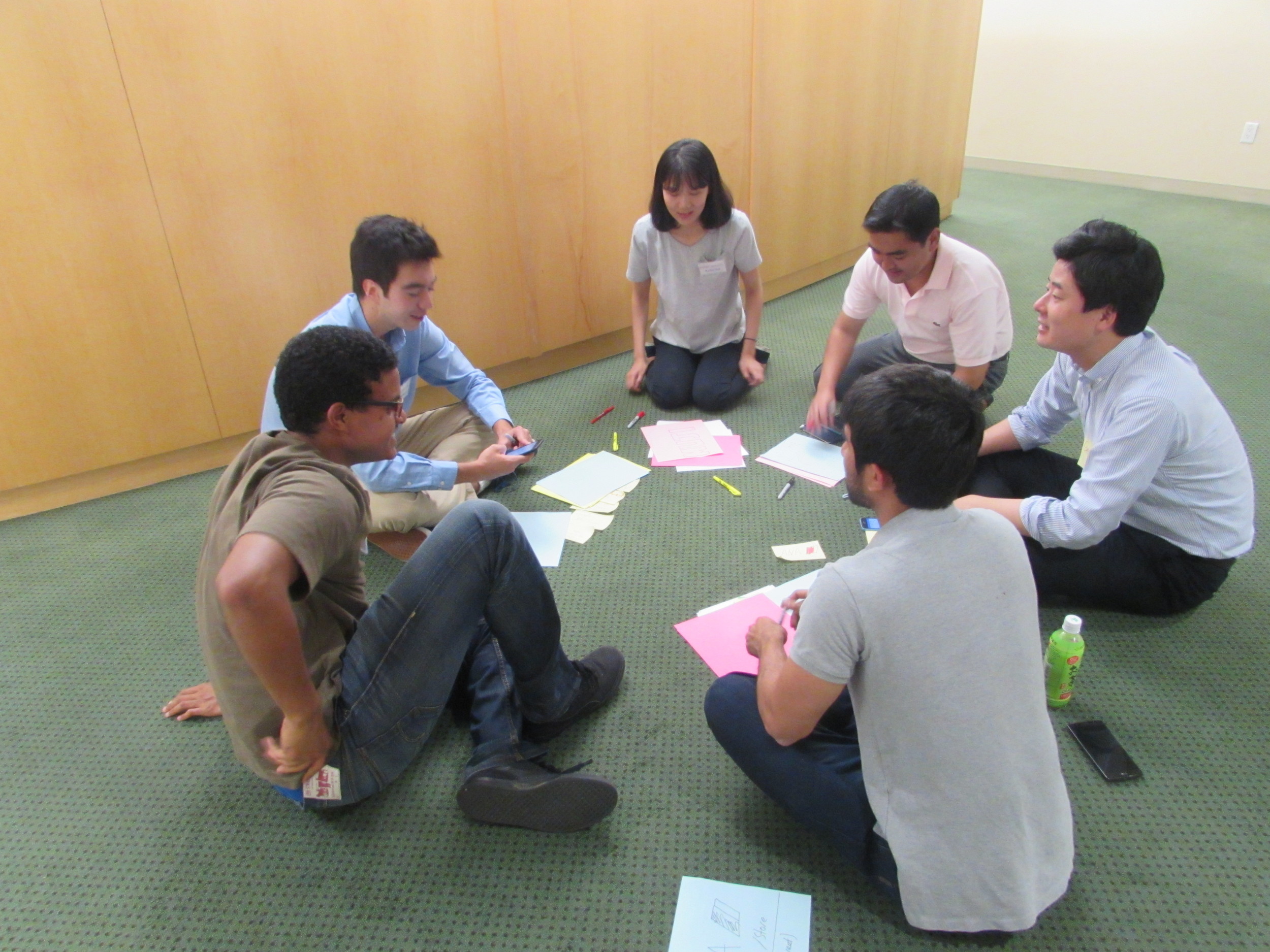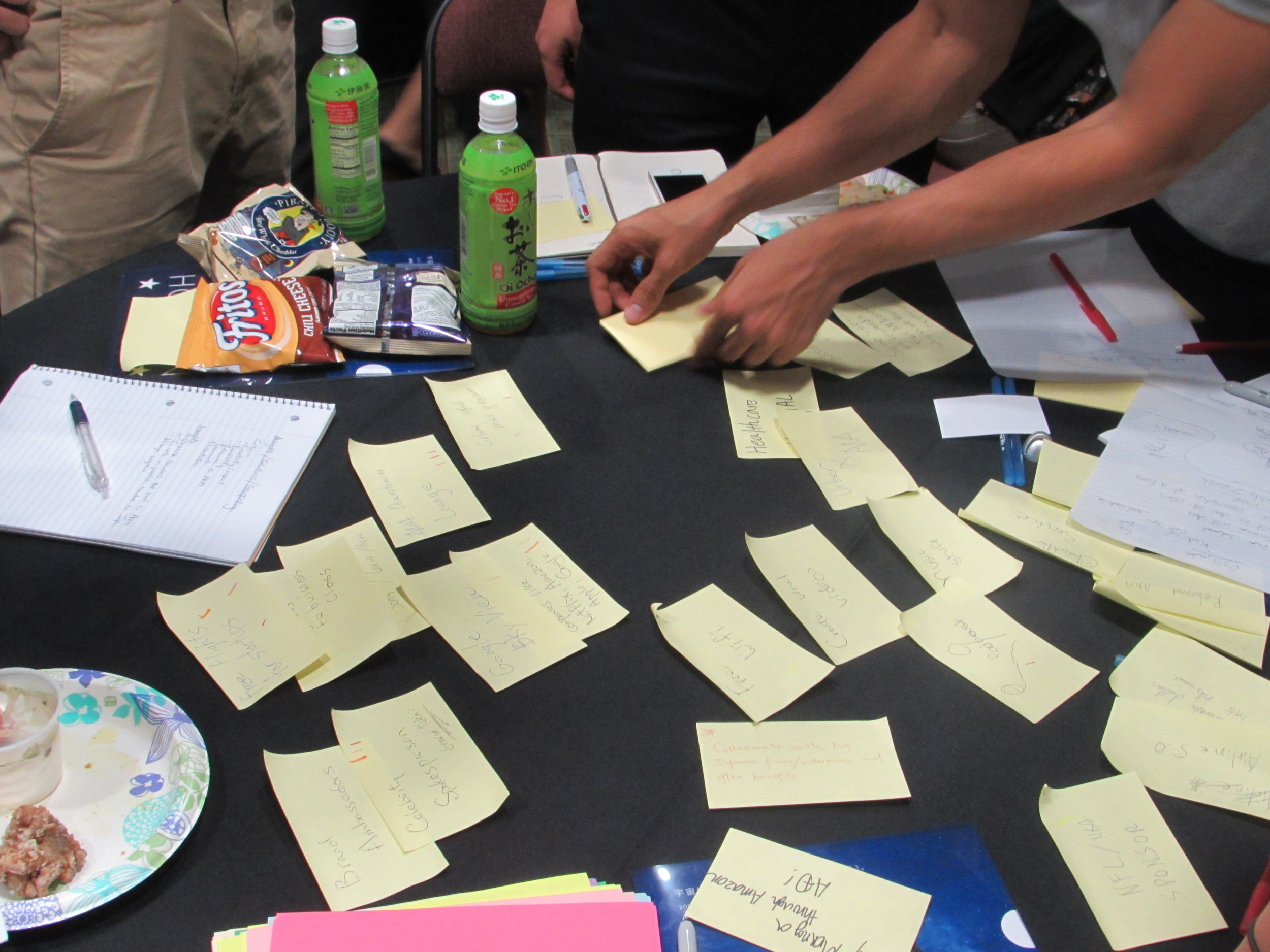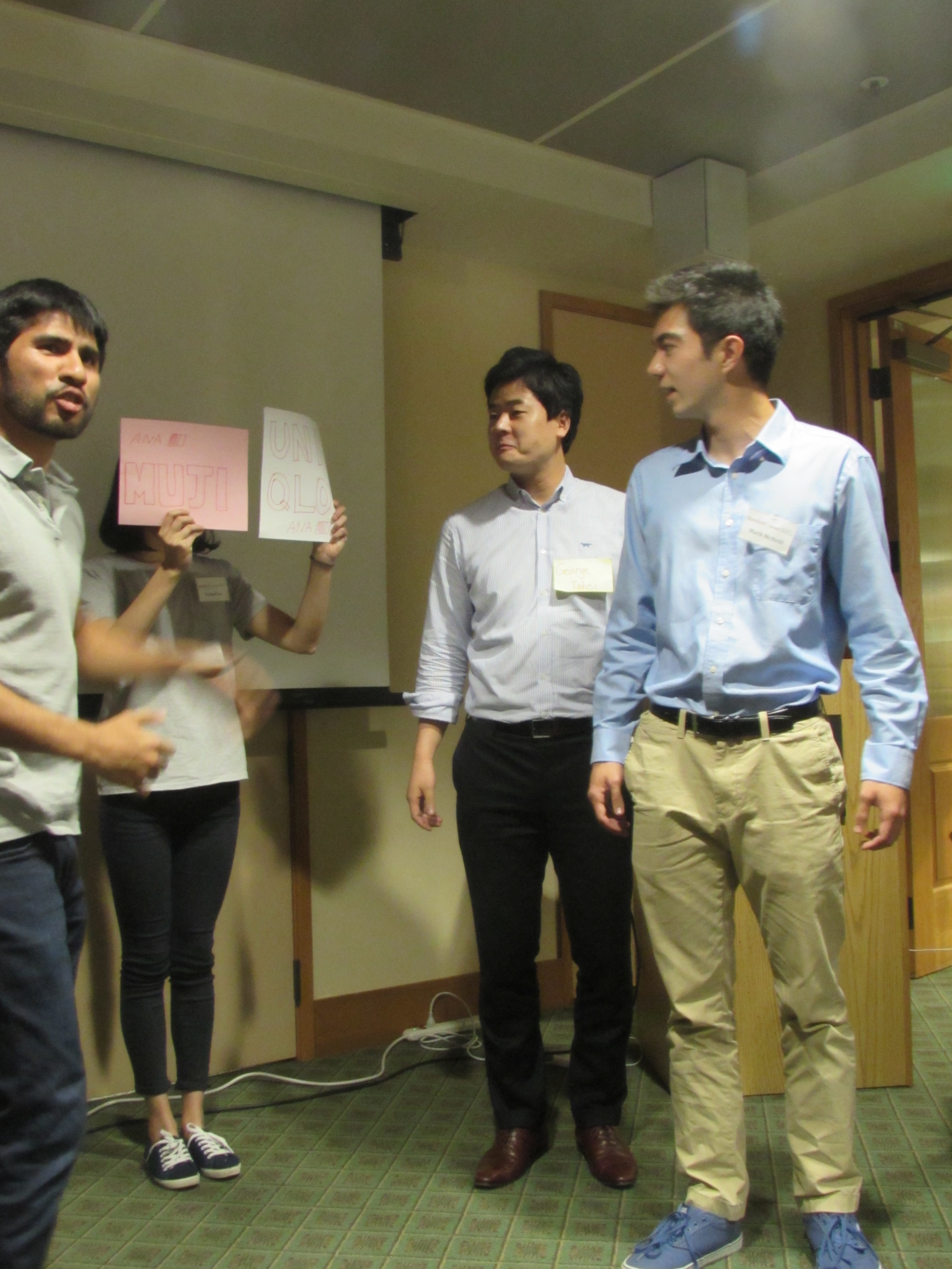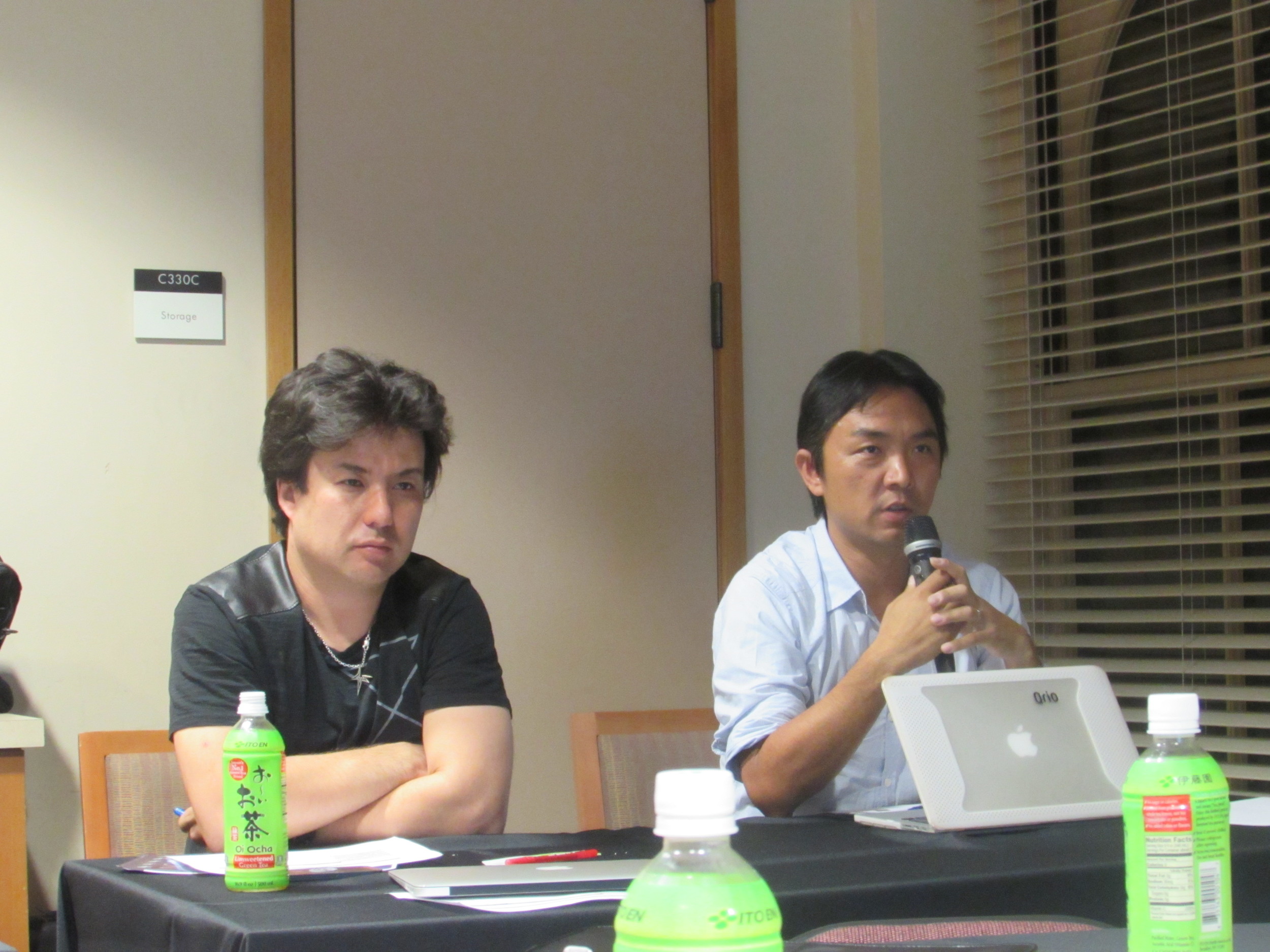This book examines various aspects of information governance in Japan, utilizing comparative and historical perspectives. The aim is threefold: 1) to explore Japan’s society, politics, and economy through a critical but hitherto under-examined vantage that we believe cuts to the core of what modern societies are built with—information; 2) articulate a set of components which can be used to analyze other countries from the vantage of information governance; and 3) provide frameworks of reference to analyze each component.
Kenji Kushida, Yuko Kasuya, Eiji Kawabata, ed.
"Information Governance in Japan: Towards a New Comparative Paradigm" (SV-NJ e-Book series)
The eBook is available on Amazon: https://www.amazon.com/Information-Governance-Japan-Comparative-Paradigm-ebook/dp/B01FRXHKUW


